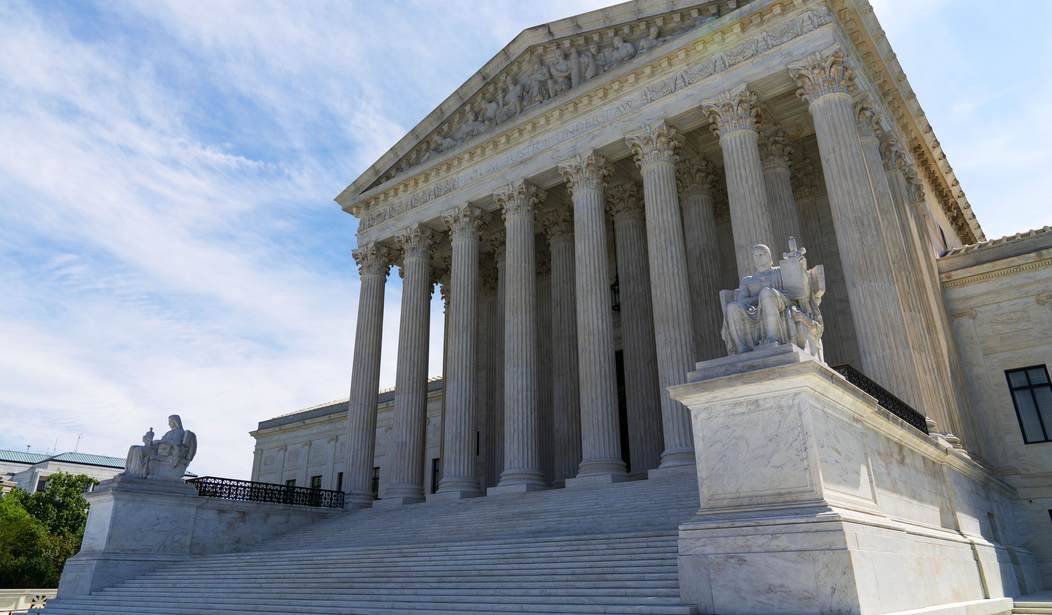Last week, the Supreme Court refused to impose an injunction on a Texas law that prohibits abortion after six weeks into a pregnancy. The court’s decision was based on legal issues of standing and not the constitutionality of the law. This decision indicates that SCOTUS may overturn Roe.
SCOTUS will likely hear arguments in October surrounding Dobbs v. Jackson Women’s Health Center. This case concerns a Mississippi law that bans abortion after 15 weeks of pregnancy. Roe prohibited states from implementing serious restrictions on abortion until after the viability of the infant in the womb, which it stated was 24 weeks.
Viability of an infant is the time when she can live independently outside the mother, albeit with artificial means. The Mississippi law bans abortions before viability. If Mississippi’s law is upheld, then pre-viability abortions may be banned. This makes the decision not to enjoin the Texas law relevant to what the Supreme Court may rule regarding Roe.
Limiting abortion at 15 weeks is a subjective standard. If abortion can be banned at this time, what about bans at 14 weeks? Ten weeks? Or, as Texas has done, six weeks? What about the moment of conception? In short, a victory for Mississippi ends the precedent of Roe v. Wade.
NIFLA has filed a Dobbs v. Jackson Women’s Health Center brief urging the Supreme Court to uphold the Mississippi law and overturn Roe. The brief, written by attorney Allan Parker of the Justice Foundation, lists five compelling reasons why Roe v. Wade should be discarded.
One reason is the emergence of safe haven laws. In Roe, the Supreme Court was concerned about the ongoing burden raising an unwanted child might impose on mothers. However, in 1973 states had not enacted safe haven laws.
Recommended
Safe haven laws allow any mother to relinquish her baby within a set period of time to a designated safe haven with no legal consequences. Such laws give a pregnant mother the full length of the pregnancy plus additional time after birth to decide. State laws regarding the time period vary from three, 30, 60, 90 or 365 days after birth.
Designated safe havens are hospitals, fire departments and even pro-life pregnancy centers. The child is turned over to social service agencies. From there, attempts to place them in a loving home begin through foster care and adoption services.
These laws began to appear on the books in 1999. Today, these life-affirming options exist in all fifty states. Such laws give a pregnant mother the full length of the pregnancy plus additional time after birth to decide. State laws regarding the time period vary from three, 30, 60, 90 or 365 days after birth.
After 48 years of Roe and 64 million abortions, the public remains divided on this issue. Some see it as a necessary evil, while others see it as simply evil. However, with safe haven laws, abortion is an unnecessary evil. Because a mother now has the option to leave her baby in a safe haven, the court’s initial concern about the potential burden she might face in raising her unwanted child is removed.
Due to the existence of safe haven laws in every state and the estimated 1-2 million couples waiting to adopt, there is no longer such a thing as an unwanted child. The legal transfer of responsibility for the baby is free and available to all. Mothers nationwide can choose life by anonymously utilizing safe haven options for any reason.
As stated in NIFLA’s brief, “safe haven laws allow the controversy to be resolved through justice – stopping the killing of human beings, and mercy – still allowing women the general freedom from the burden of unwanted children that some desire, without killing the child and injuring women.”
Much has changed since 1973. These substantial changes provide strong legal grounds for the Supreme Court to eliminate Roe v. Wade. As a just nation, America must always protect its most vulnerable citizens – born and unborn, regardless of gender, race, handicaps or infirmities.
It is time to consign Roe to the ash heap of history where it belongs. The court should uphold the Mississippi law at a minimum. However, it should go further and end the precedent of Roe.

























Join the conversation as a VIP Member